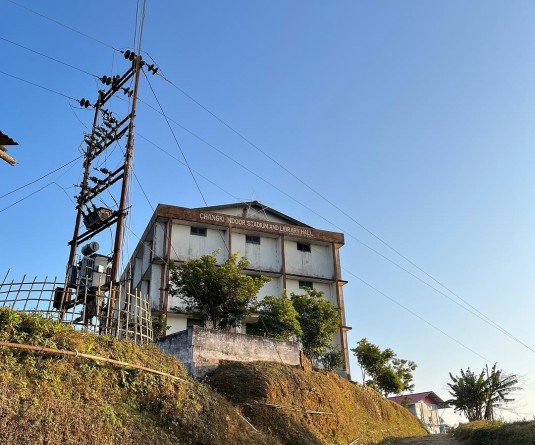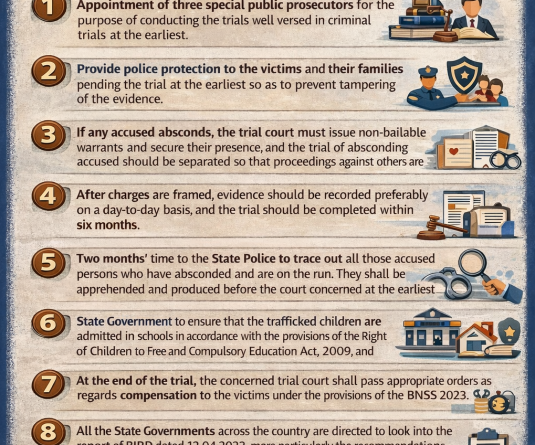Naga writer and social activist, Kaka D Iralu speaking at the event.
Interactive Discussion on International Humanitarian Laws & AFSPA held
Morung Express News
Kohima | February 28
Morung Express News
Kohima | February 28
“Our story is a painful story of violation of our human rights. Our rights, though equal in proportion, if not more, have been violated all these years,” said Kaka D Iralu, writer and social activist, while speaking at an interactive discussion on International Humanitarian Laws & Armed Forces (Special Powers) Act held at Orchid Hotel here on February 28. The event was organized by the Bethesda Youth Welfare Centre, Kekhrie Foundation, Zion Welfare Society and North-East Dialogue Forum (NEDF).
The discussion began with an introductory address by W. C Humtsoe, Convenor, North East Dialogue Forum, Nagaland State Chapter. Kaka Iralu spoke on ‘Violations on International Humanitarian Laws with special reference to Nagaland context’ and ‘AFSPA 1985 in relation to fundamental rights of the Indian Constitution.’ He began with an introduction of the history and origin of the Nagas and its political movement and how Nagas have suffered immensely under the Indian military rule. Iralu asserted on the need to re-organize political institutions and revive regional village units.
“In spite of progressive development in all fields and having access to all kinds of information and education, our people are still extremely gender insensitive,” said Neidonuo Angami, former President, Naga Mothers’ Association (NMA), who spoke on ‘Violation of International Humanitarian Law (IHL) with special emphasis on women and child rights in Nagaland context.’ She asserted that IHL ensures basic rights attainable to all but in reality this is far from being realized, especially in “our context.” While speaking on women rights, Neidonuo stated that the major concerns around women’s rights in Nagaland today are violence against women, lack of access to equal opportunities in education, work, inheritance and other privileges, inaccessibility and lack of participation in decision-making processes.
She added, “We must adopt ourselves to the given situation by applying more progressive and inclusive laws and rights that promotes equality of men and women in every aspect. Women’s rights can never be realized without the full support of men and we must reach out to men through education, information and dialogue.”
On child rights, Neidonuo focused on the need for quality education that provides basic life skills and prepare children for a better quality of life and not just year-end degrees. Neidonuo also asserted that there is little normal social activities for young people in Naga society, which is an indication that the social rights of the people have been violated because of AFSPA and factional violence.
Iralu added that Naga history needs to be retold to the younger generation who has not experienced any of the human rights violation that the AFSPA meted out on the older generation but concluded that the younger generation also has the right to know what went wrong and the mistakes the older generation made.





